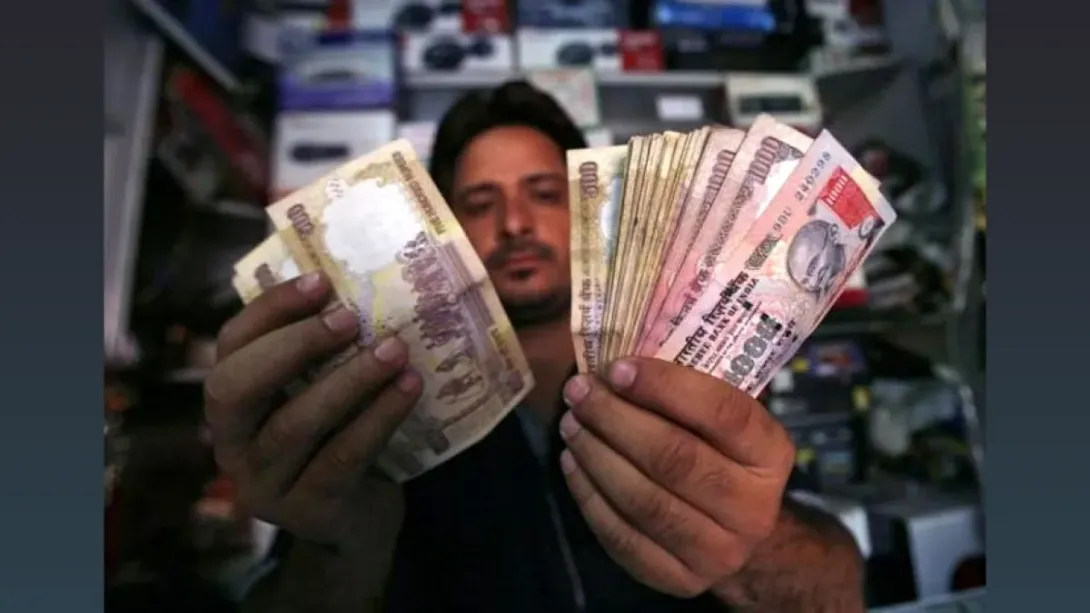The Central Government has begun preliminary consultations to structure the 8th Pay Commission, a move anticipated to impact millions of employees across the country. While no official notification has been released, sources indicate that inputs are being sought from various ministries and administrative departments to evaluate cost, inflation impact, and evolving workforce demands. The proposed commission is expected to reassess pay structures, allowances, and pensions, with implementation potentially due after 2026. This early-stage activity underscores the government’s intent to ensure fiscal prudence while addressing employee welfare in a dynamic economic environment.
---
Background: What Is the Pay Commission?
India’s Pay Commissions are institutional bodies established periodically to review and recommend revisions to the salary structure of central government employees, pensioners, and armed forces personnel. Their decisions significantly affect the disposable income of millions and also influence state governments, public sector units, and private sector wage benchmarking.
The 7th Pay Commission, implemented in 2016, brought major structural changes but faced criticism over stagnating real wages due to inflation. As the economic environment evolves, attention has now shifted to what the 8th Pay Commission might offer, and how it could realign the existing structure to better reflect modern workforce dynamics and macroeconomic realities.
---
Early Consultations Begin: Ministries Asked for Inputs
According to credible sources within government circles, the Centre has unofficially started gathering feedback from multiple departments to lay the groundwork for the commission. Ministries and administrative offices have reportedly been asked to share input on:
Current gaps in the 7th Pay Commission’s implementation
Sector-specific salary anomalies
Performance-based pay considerations
Fiscal implications of any proposed hikes
The exercise is still at a nascent stage but signals a structured intent to build a consensus before drafting the formal terms of reference.
---
Key Focus Areas Likely in the 8th Pay Commission
1. Inflation-Adjusted Salary Bands:
With inflation steadily eating into real income, the new commission is expected to explore mechanisms that more frequently revise pay to keep pace with the cost of living.
2. Performance-Linked Incentives:
A growing emphasis on performance metrics may lead to inclusion of variable pay components, especially for senior-level administrative roles.
3. Digital and Remote Work Considerations:
Given the post-pandemic shift in work culture, allowances related to digital infrastructure, remote work reimbursements, and flexible work setups could be formalized.
4. Pension Rationalization:
Pension reforms may also be proposed, with potential tweaks to National Pension Scheme (NPS) norms, especially for older employees nearing retirement.
---
Fiscal Responsibility vs. Employee Expectations
Implementing a new pay commission carries significant fiscal implications. For example, the 7th Pay Commission led to an estimated additional burden of over Rs. 1 lakh crore annually on the exchequer. Hence, the government is expected to balance employee welfare with macroeconomic stability.
The Finance Ministry is likely to play a crucial role in ensuring that any recommendations fall within the fiscal deficit roadmap, especially at a time when global headwinds and domestic expenditure pressures remain high.
---
Timeline and Speculation Around Implementation
While no official timeline has been confirmed, policy analysts suggest that any formal announcement about the 8th Pay Commission may come closer to 2026. This timing aligns with the typical 10-year cycle followed between commissions and gives the government time to complete necessary evaluations and stakeholder discussions.
It is widely believed that pre-election considerations may also influence the speed and scale of implementation, particularly given the commission's political sensitivity.
---
Conclusion: A Blueprint in the Making
The government’s move to begin internal consultation for the 8th Pay Commission reveals a proactive stance toward comprehensive salary reform. While still at an embryonic stage, this initiative is likely to reshape compensation, promote equity, and potentially introduce structural innovations suited for a modern Indian bureaucracy. Employees, policy observers, and economists will be watching closely as this blueprint evolves into a transformative financial instrument for public sector wages.

Comments